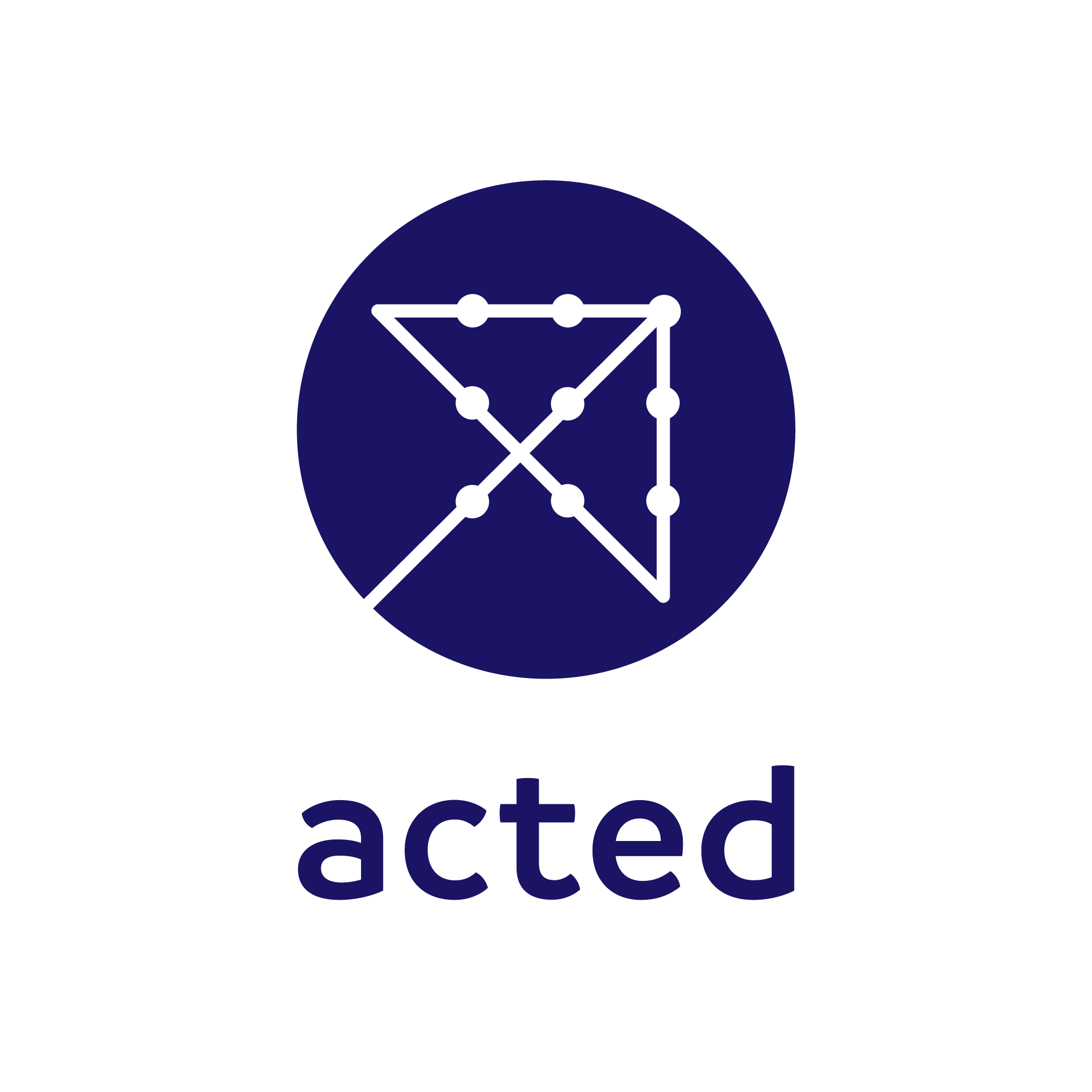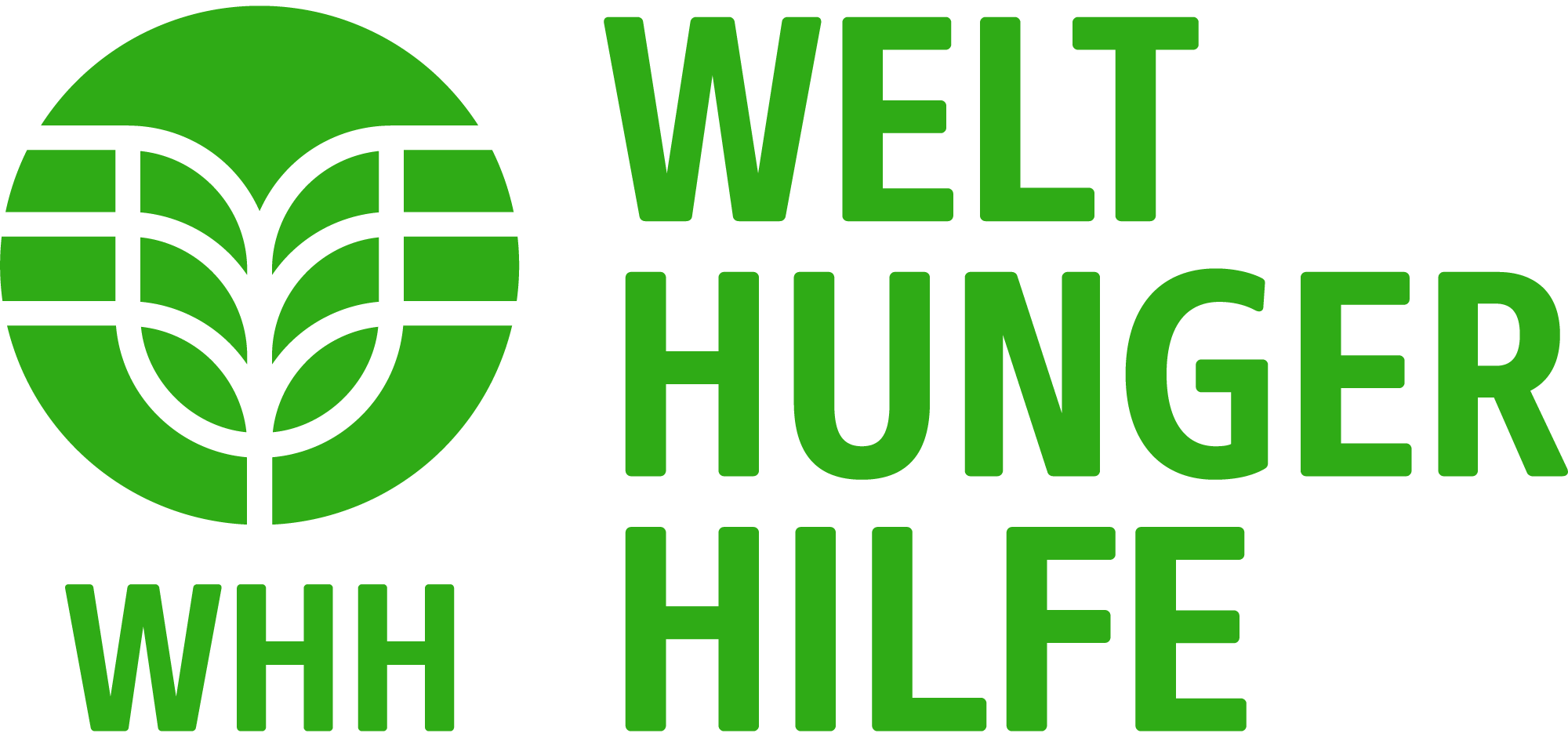Niger is a vast, landlocked country covering over one million square kilometers. Located in the heart of the Sahel, Niger has a poorly diversified economy, dependent on agriculture for 40% of its GDP.
It is prone to political instability, chronic food insecurity, and recurrent natural crises (droughts, floods, and locust infestations), and is heavily reliant on uranium exports.
What are the development challenges in Niger?
The level of extreme poverty is expected to reach 44.1% in 2023 due to negative per capita growth and rising inflation, which will increase the extremely poor population by 700,000 bringing the total to 12 million in 2023.
By September 2023, Niger was hosting more than 700,000 displaced people, including refugees, asylum seekers and internally displaced persons. Between August and early September 2023, the United Nations Refugee Agency (UNHCR) recorded the arrival of over 6,900 asylum seekers in Niger, mainly from Chad, Nigeria and Burkina Faso.
Source: World Bank





